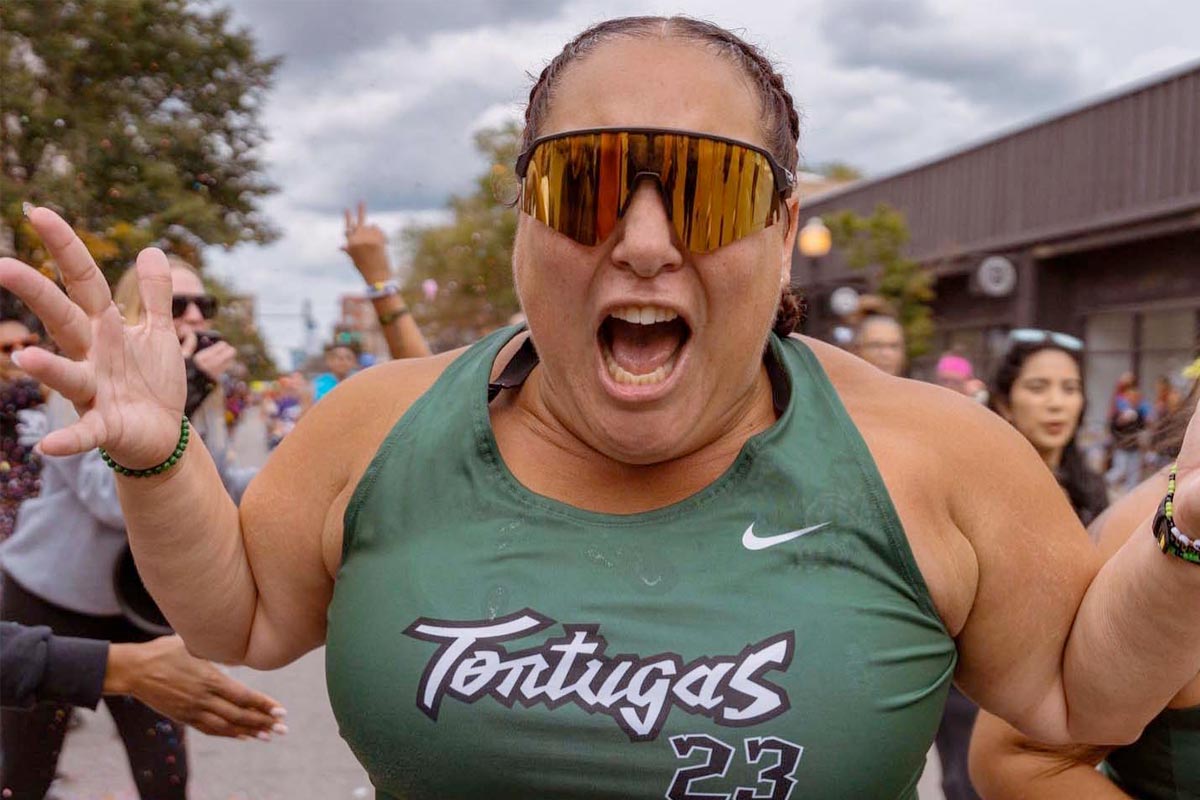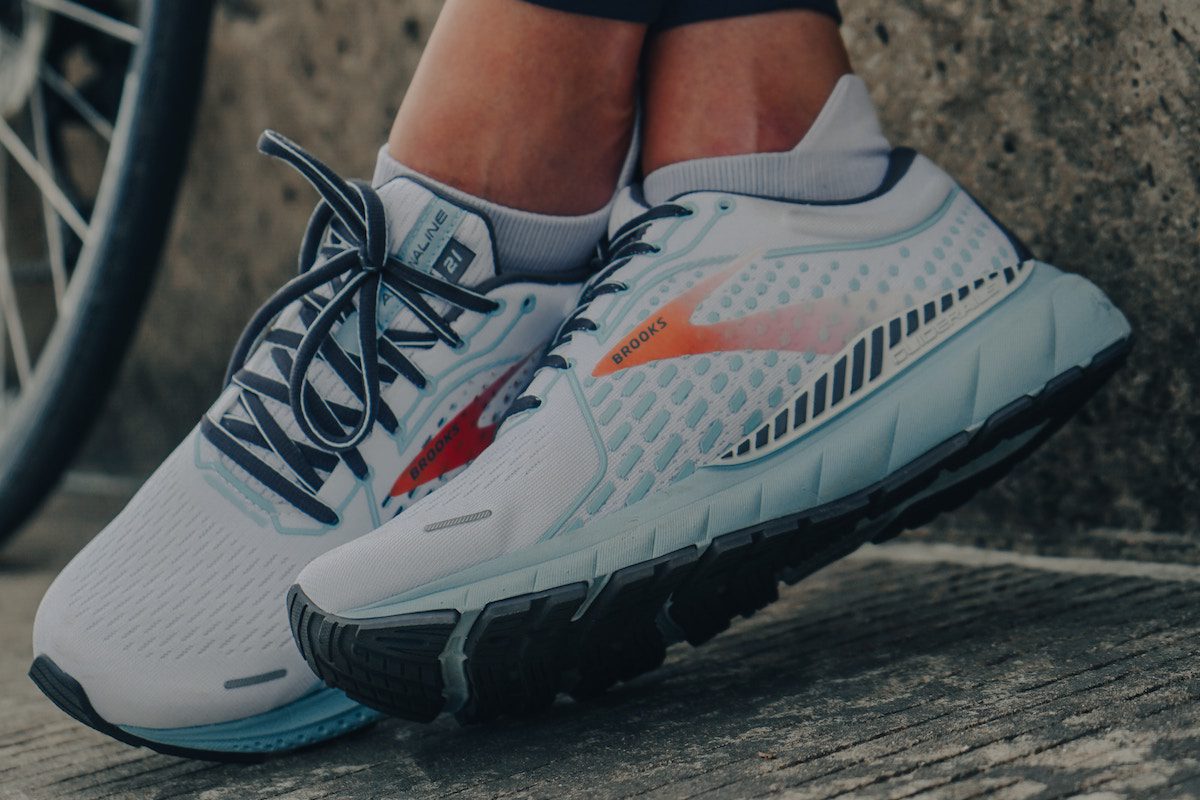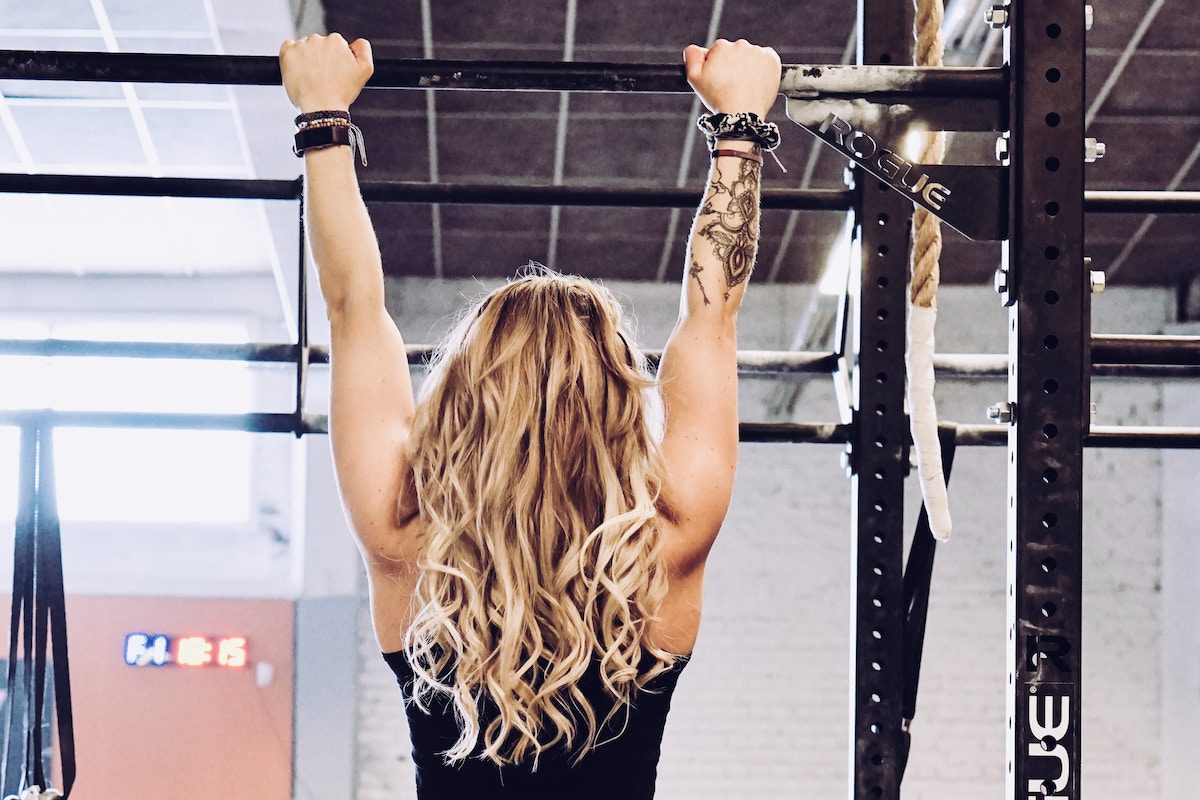The Surprising Reason This College Runner’s Race Photos Went Viral
If you follow fitness accounts on Insta—and if you’re here, you probably do—you’ve seen countless before and after pics in your feed.
In most “after” shots, waists shrink, new biceps bulge, abs appear.
But recently, a college athlete’s post gained widespread attention for the opposite reason. Between the NCAA cross-country championships in 2014 and 2016, Michigan State University runner Rachele Schulist actually gained 20 pounds—and posted side-by-side photos to prove it.
The pressure on collegiate athletes to be lean, fit, and fast is enormous. So why would Schulist take her weight gain to social media? Well, exactly because of that stress, she told me when I interviewed her for a Runner’s World article.
“Being on the college scene—especially with social media everywhere—there’s a lot of small girls, and a lot of them are at the front,” she said. Type-A runners with ambitious goals—and sometimes, their fans and coaches—often believe they must be as light as possible to succeed.
What you can’t see in the photos is the health of the woman inside. And in 2014, Rachele was far from healthy. She severely restricted her eating even while pushing hard in training. She obsessed about how little she could get away with eating and how much more she could run.
In some ways, the strategy worked—she got faster and faster, until her body broke down. In the fall of 2015, she was diagnosed with a stress fracture in her kneecap. This rare injury develops over time, usually when runners weaken their bones by training too hard, not eating right, or both.
Even before the physical injury, her mental state was perilous. At night, she cried. She felt sad and isolated, distant from her teammates. She lost her passion for the sport she once loved.
As her fracture healed, she still struggled psychologically. It’s normal for serious athletes to gain a little weight when they’re hurt. Rachele had a hard time believing that if she didn’t shed those pounds again, she’d never be as fast as she once was.
Her teammates and coaches assured her otherwise. She was a good runner not because she was so thin, but in spite of it, they said. If she nourished her body properly, she could be even better.
At first, she didn’t believe them. After all, her race times were much slower than before her comeback.
But for some reason, right before the Big 10 Championships in October of 2016, the message clicked. After a heart-to-heart with her coach Walt Drenth, she made a decision to show up and run her best—if not for herself, for him and the others who believed in her.
She ran well enough at that meet to place ninth. And as her confidence returned, so did her speed. At the 2016 NCAA Championships, she ran a time only 12 seconds off what she’d run in 2014—and more importantly, felt happy and proud while doing it.
So the idea that smaller means faster? Bullsh*t, she wrote in her Instagram caption. Her bravery and honesty in sharing her story resonated. Her post has more than 4,200 likes and 300-plus comments, including many from amateur and elite runners who’ve struggled with similar issues.
Now, in her last year of running at Michigan State, Rachele aspires to stay strong, healthy and confident—and to inspire younger runners to do the same.
“I always tell our girls: ‘Walk on that course, walk on that track like it’s a runway, and own it,’” she told me. “It’s so much more fun to be confident and proud of yourself than to worry about what other people are thinking. Because at the end of the day, you really can’t control what other people are going to say about you, and it doesn’t matter.”
Now, most of us might not face exactly the same pressures as a college athlete gunning for a national championship. But in this season of resolutions, it’s worth remembering that punishing your body and yourself in pursuit of your goals—be they race times, strength gains or weight loss—doesn’t pay off in the long run.
After all, health and happiness matter far more than social media likes or the approval of your super-fit pals. And anyway, as Rachele’s story proves, your friends and followers might just like you better if you’re honest and kind to yourself during your fitness journey.












